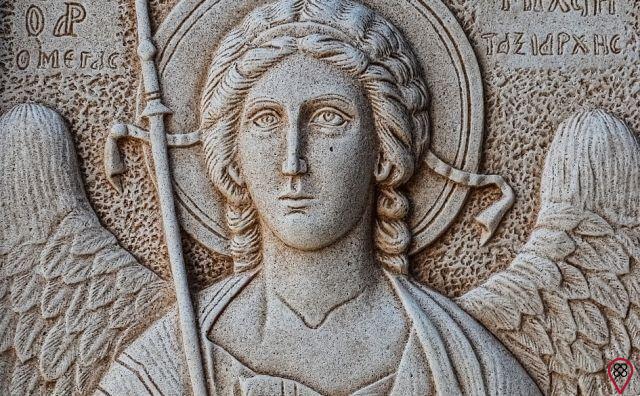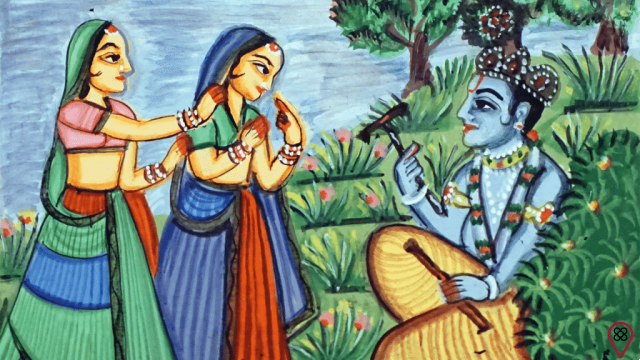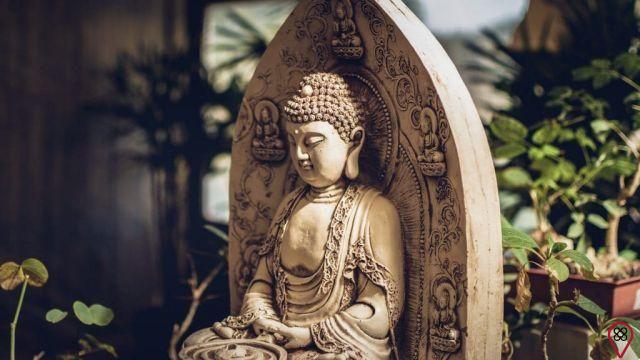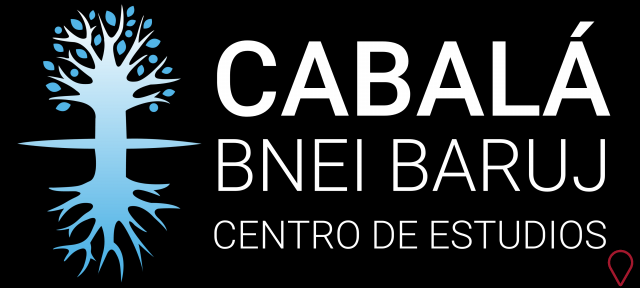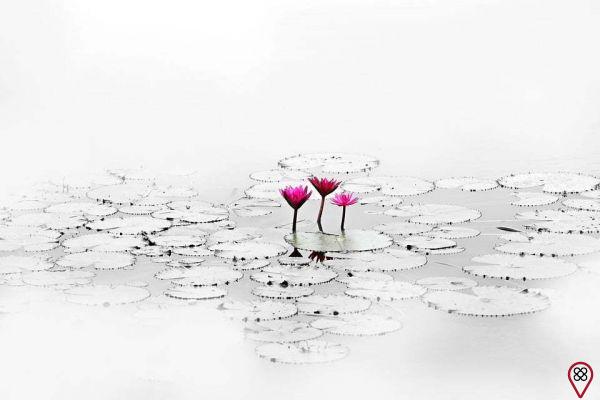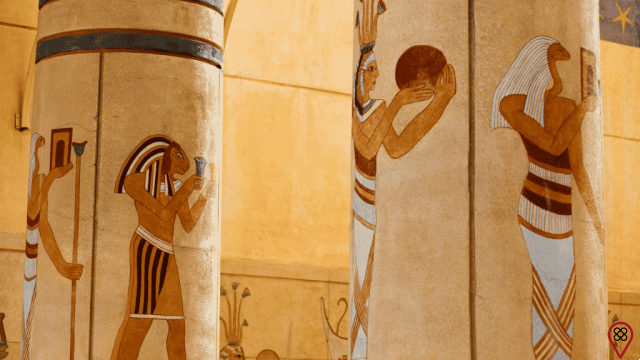One of the basic principles of Nichiren Buddhism is the “ten worlds”, a term also known as “ten states of life”. Each of these ten worlds is contained within our being and governs our lives according to our thoughts, our words and our actions.
Based on the teaching of the Lotus Sutra, Tient'ai, a great sixth-century Chinese Buddhist scholar, developed a concept that classifies any and all human experience based on ten states, or "worlds." His teaching of the “Ten Worlds” was adopted and deepened by Nichiren Daishonin, who reiterated the subjective and inner nature of these worlds that govern our lives. He stated, “Considering the question of where Hell and the Buddha are, one sutra says that Hell is under the earth, while another says that the Buddha is in the west. However, a more careful thought will clarify that both exist in ourselves.” (The Daishonin's Scriptures, Volume 1)
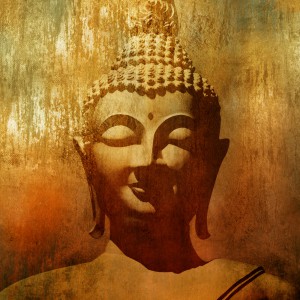
What are the ten worlds
The ten worlds that govern our lives are: Hell, Hunger, Animality, Wrath, Tranquility, Joy, Scholarship, Absorption, Bodhisattva and Buddha. Each of these worlds, or states, makes up our lives and we can manifest each of them throughout the days of our existence.
The Four Evil Paths
are considered the Inferior Paths of our life: Hell, Hunger, Animality, Wrath.
1. Inferno
A state of life in which a person cannot discern what is right and what is not for his life, causing destructive actions for himself and the people around him. It is considered the most negative state of life.
2. Hunger
It is a state in which a person is dominated by desires for prosperity, wealth, unbridled greed and personal satisfaction. Moved only by the thought “I want”, never being satisfied and ends up entering an eternal loop of desires that are often unfulfilled.
3. Animality
In this state, the person lives on the basis of immediate personal satisfaction and self-preservation. Just like animals, they live based on instincts and the fulfillment of immediate desires - wills.
4 Go to
It is a constant state in which the person ignores the existence of his fellows, despising them with words and actions. In addition, the person cannot understand exactly how things are and reacts according to what he is feeling at the moment in front of other people and the setbacks of life.
These four paths prevent a person from attaining enlightenment and leading a life according to his wants and desires, leading him to a sea of incessant suffering.
The two ways forward, Tranquility and Joy, make up the Six Inferior Paths, because there is no total control over one's own life and everything depends on something external for the person to either remain in one of these states or change to some lower state of life than the current one.
5. Tranquility
It is serenity itself. The person in this state is able to temporarily control his negative impulses and, being rational, leads a peaceful life in harmony with the environment and with people.
6. Joy
A person is in this state normally when their temporary desires are fulfilled or when some suffering in their life is alleviated. Even if the person feels contentment, it is also a momentary feeling, which does not lead to true happiness.
The next are considered The Four Noble Paths that are:
7. Scholarship
It is when a person strives to achieve lasting stability through self-reform and development. It is the state in which a person dedicates himself to creating a better life by learning the ideas, knowledge and experiences of his predecessors and contemporaries.
8. Absorption
Similar condition to the Erudite state, but what differentiates them is that the Absorption state seeks self-reform through the direct observation of life, that is, of all the phenomena of life.
9. Bodhisttva
It is the condition in which a person helps others, whether through words, encouragement, actions, prayers, etc. The individual endowed with this state lives based on the search for his own development and that of the people in his life and society. He is a person who empowers his environment, bringing positivity and good change.
10. Buda
Buddha is the ideal state, in which the person has total insight into his life and wisdom to walk his paths, based on self-reform, empowerment and positivity. It is possible to attain Buddhahood by reciting the mantra nam-myoho-renge-kyo and performing positive thoughts and actions as well as words. All negativity is dissipated by the person endowed with this state and, in addition, it is possible that it positively infects the people around him and his external environment.
All these states are inherent in our life. And through the search for personal development, self-reform, prayers and empowered actions, it is possible to always reach and maintain high states of life, that is, to maintain oneself based on the Four Noble Paths. Even if we live in a society full of anger and animality, in which “the strongest wins” or “each one stays in their own square”, let us make a difference by being agents of change based on the state of maximum joy and absolute happiness: the buddha state.
Text written by Bruno da Silva Melo from the Eu Sem Fronteiras Team.



